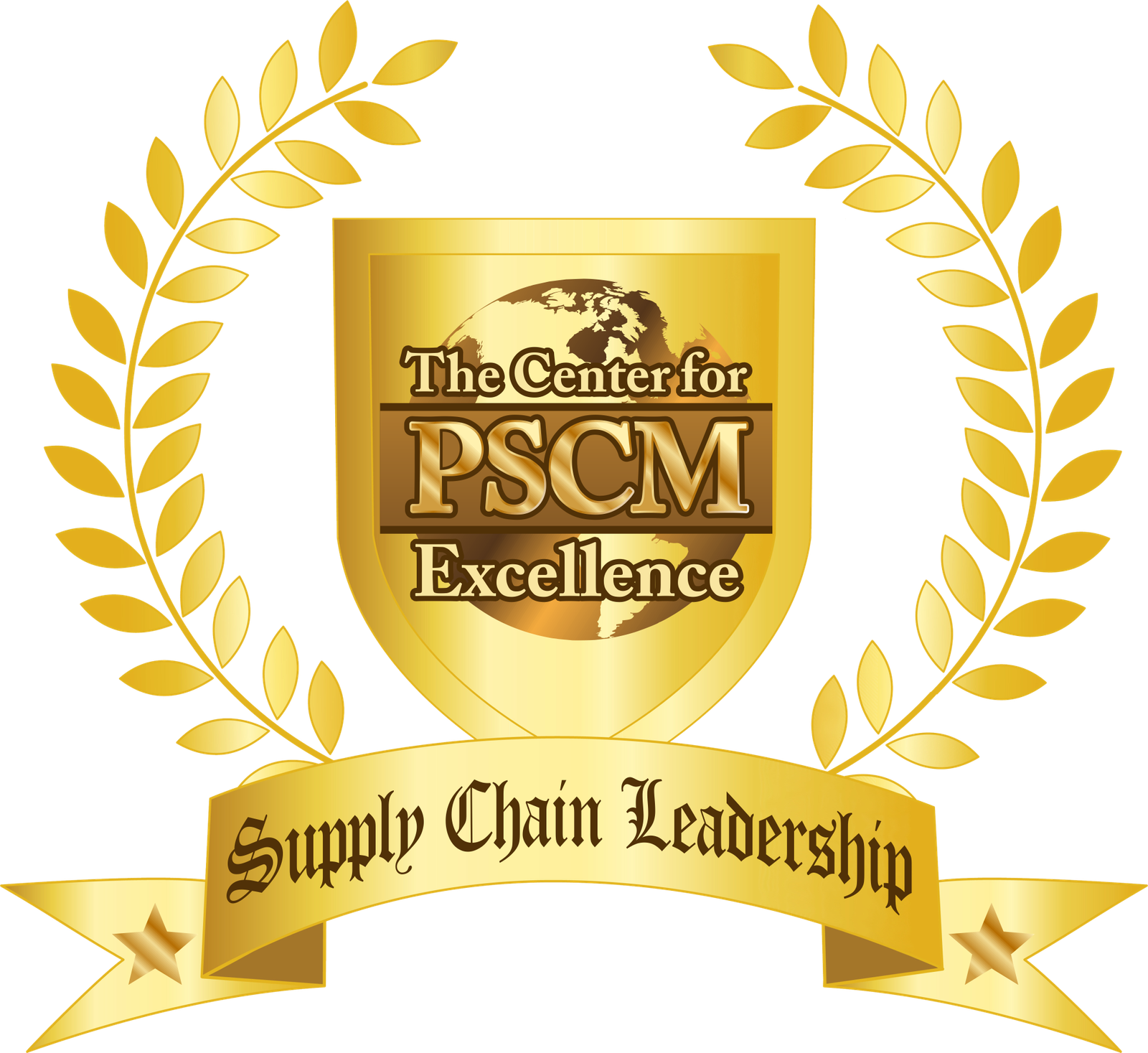Purchasing Negotiations – Is Your Style Adaptive?
You’ve been doing a lot of things the same for a long time. Life would be too complex otherwise. 
Imagine if every time you wanted to brush your teeth, you had to sit and think about which teeth to start with, what type of strokes to use, how much pressure to exert, etc.
The mundane would suddenly become a huge time sink, and there’d be no guarantees that you’d end up with better results. It would be a nightmare.
Luckily, your brain has accounted for the mundane. It’s a part of your brain called the “Paleo-Cortex”. No higher order thinking happens here. Just the mundane, your regular rituals.
Even making coffee or breakfast is governed by this part of your brain. Unless you are using higher order thought when you scramble your eggs – and if you are, you have more problems than I can help you with!
In any event, why would I even bring this up in a negotiations blog?
Well, my concern is this: I’m worried that your negotiation strategies are stuck in your paleo-cortex, where they shouldn’t be.
Why do I care? Because all the training in the world does you no good if, in the heat of the moment, you revert to learned behaviors that are very possibly part of the problem. Just because they are learned behaviors doesn’t mean they are productive ones.
Worse yet, there will be no flashing neon sign telling you that your paleo-cortex has taken over. In fact, you will be more at ease than ever.
Why? Because the mundane is, well, mundane. It requires little energy and little thought. It just happens. And in our industry, that is not a good thing.
Many bad things happen when let your paleo-cortex take over in negotiations. Probably the worst is that you will employ a “one size fits all” approach in negotiations.
Why is this a bad thing? Why can’t you use a consistent strategy in negotiations? Because a consistent strategy in negotiations will get you consistently bad results.
Why? *Hear me clearly*: Because your ability to be successful in negotiations hinges on you reading the situation and customizing a negotiation strategy for that situation. Negotiations involve people and personalities, all with different motivators.
Heck, even my 3 kids, all of whom are close in age, have completely different motivators. Each of them gets motivated by and responds to something different than the others. I have to change my approach depending on which one I’m trying to influence.
Why would adults, with all their idiosyncrasies, be any different?
Negotiations is the art of achieving your high value TCO objectives while ensuring the other party feels good about the deal. Even a cave man can sacrifice on price to make the supplier happy. That doesn’t take any skills.
Therefore, if your job is to find out non-price related motivators, you have to put your paleo-cortex to sleep and start really focusing on why the other person is in this negotiation with you, and what they need out of it to be successful.
You also need to figure out what personality type they are.
Some personalities are impatient and want short and succinct communications that get to the point – they thrive on time to results. Others thrive on rich face to face communication and interactions with no rush. Still others thrive on process flow documentation to ensure no excursions. Finally, some thrive on the status quo – they are willing to change, but they want to know why before they do.
These are in fact the 4 high level personality types that you will find when working with people. There’s much more to this, but for the purpose of a blog, this is what you will find in a nutshell.
By understanding the personalities of everyone around you with whom you negotiate (and believe me, that’s everyone), you can do something incredible:
Instead of negotiating using principles that are comfortable for you, you instead negotiate using principles that are comfortable for the other party, because you understand how they tick and what motivates them. This gets you breakthrough results, with suppliers feeling good about the deal.
The paleo-cortex couldn’t do this to save its life. So keep that part of your brain focused on the things you truly don’t care about – like your methodology for washing your hands. Once you check into work, put the rest of your gray matter to work and nail those TCO results.
We’ll talk with you next week. Be your best!
Omid G
P.S. Become Elite in our profession. Get my Elite Purchasing Training Here.


